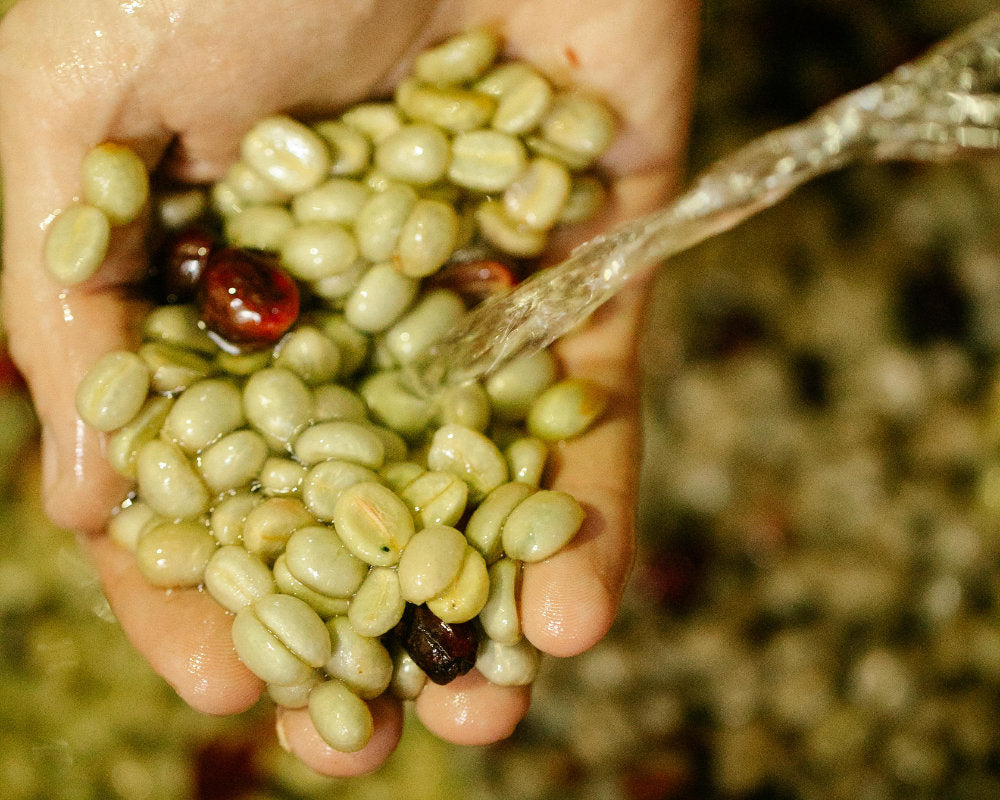Coffee, one of the world's most beloved beverages, undergoes a fascinating journey from farm to cup. Central to this journey are the processing methods employed to transform raw coffee cherries into the aromatic beans we brew and savor. Understanding these processing techniques sheds light on the diverse flavors and profiles found in our daily cup of joe.
1. Washed Process
The washed process, also known as wet processing, is a meticulous method that involves several steps.
- Benefits:
- Enhanced Acidity: The washed process typically results in coffees with bright acidity, which adds liveliness and complexity to the flavor profile.
- Clean Flavor Profile: By removing the outer fruit layers through pulping and fermentation, washed coffees often exhibit a clean, crisp taste with well-defined flavor notes.
- Consistent Quality: The controlled fermentation and washing process help maintain consistent quality and clarity of flavor across batches.
2. Natural Process
In contrast to the washed method, the natural process, also known as the dry process, involves minimal water usage.
- Benefits:
- Fruity Complexity: Natural process coffees are known for their intense fruitiness and complexity, as the fermentation of the beans within the intact fruit pulp infuses them with rich, fruity flavors.
- Full-Bodied Mouthfeel: The extended drying period under the sun allows the beans to absorb more sugars from the fruit pulp, resulting in a fuller body and creamy mouthfeel in the brewed coffee.
- Sustainability: Since natural processing requires minimal water, it is often considered more environmentally friendly and sustainable compared to wet processing methods.
3. Honey Process
The honey process, also known as pulped natural or semi-washed, combines elements of both washed and natural methods.
- Benefits:
- Complex Sweetness: Honey process coffees strike a balance between the clean acidity of washed coffees and the fruity sweetness of natural coffees, resulting in a uniquely complex flavor profile.
- Enhanced Sweetness: The retention of some mucilage during drying imparts a natural sweetness to the beans, enhancing the overall sweetness of the brewed coffee.
- Distinctive Flavor: Depending on the amount of mucilage left on the beans and the duration of fermentation, honey process coffees can exhibit a wide range of flavor characteristics, from floral and fruity to nutty and chocolatey.
The diversity of coffee processing methods offers a kaleidoscope of flavors and experiences for coffee enthusiasts to explore. Whether it's the bright acidity of a washed coffee, the intense fruitiness of a natural coffee, or the balanced sweetness of a honey-processed coffee, each method leaves its distinct imprint on the final cup. As we sip and savor our favorite brews, let's celebrate the artistry and science behind coffee processing, enriching our appreciation for this beloved beverage.












